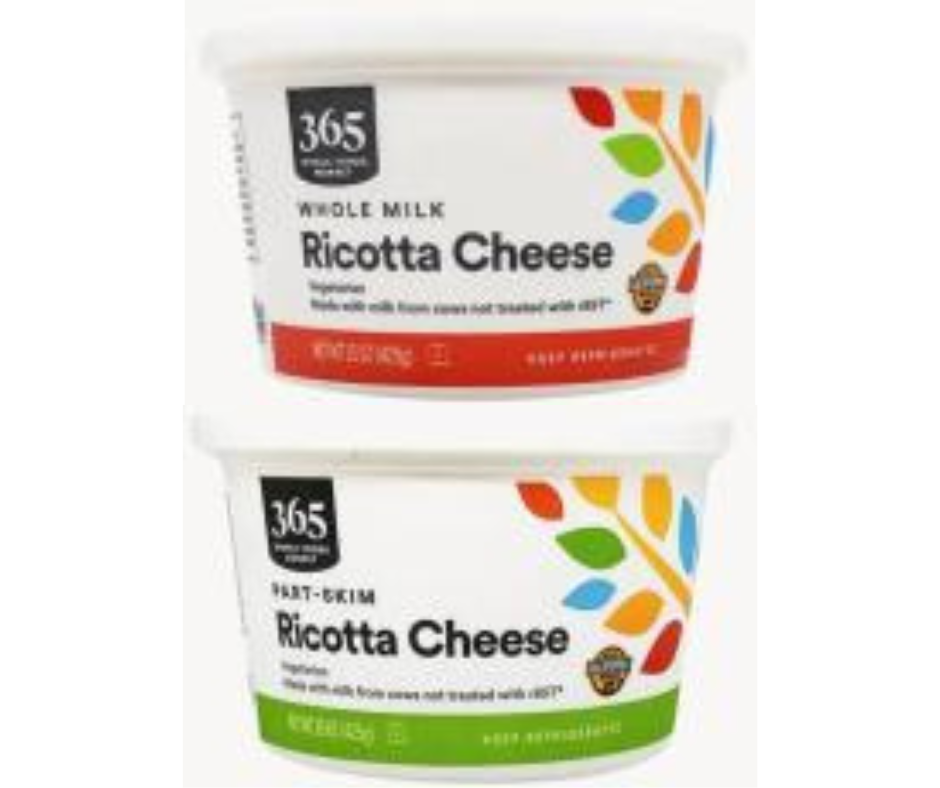E. coli and listeria outbreak leads to cheese recalls. Here's what we know
The Food and Drug Administration and the Centers for Disease Control and Prevention say 10 people have been hospitalized due to an outbreak of E. coli potentially linked to raw cheddar cheese.
Those 10 people included one in Texas, with four others in California, three in Colorado, and two in Utah. One of those patients developed hemolytic uremic syndrome, a type of kidney failure. HUS is a serious condition that can lead to kidney failure, according to the FDA. The outbreak's actual spread is likely larger as people recover from E. coli infection without medical care and are not tested for E. coli, the CDC notes.
The outbreak has led to an investigation by authorities, but here's what we know about the recall of the product and what symptoms to watch for:
E. coli outbreak linked to Raw Farm's Raw Cheddar cheese recall
Raw Farm has recalled certain lots of its cheese currently within shelf life, due to the investigation. Those products include the original and the jalapeño flavor of the company's blocked and shredded cheddar cheese.

The FDA says it is continuing to remove additional products. The agency added that ill people reported purchasing the cheese at Sprouts Farmers Market and Bristol Farms.
Illnesses in the outbreak reported range from Oct. 18, 2023 to Jan. 29, 2024, according to the CDC. Six of eight patients interviewed said they had eaten Raw Farm brand raw cheddar cheese, state and local officials found, the FDA said.
This cheese recall is different than the one tied to Listeria outbreak
Another outbreak in dairy products is currently ongoing, too, but it's related to the risk of listeria, not E. coli.
Rizo-López Foods of Modesto, California, on Feb. 5, recalled dozens of dairy products, including queso fresco and cotija cheese. Those recalled products – including cheese, crema, yogurt, and sour cream – were sold nationwide under brand names such as 365 Whole Foods Market, Don Francisco and Tio Francisco, the company said in a press release.

Days later, the FDA issued notifications of 10 additional food companies with voluntary recalls connected to the agency's ongoing investigation of the listeria outbreak. Those products included various salad kits and taco kits including those carrying the Dole brand, and were sold at stores including Albertson's, Carrs-Safeway, Costco, Eagle, Safeway, and Walmart.
See a full list of those foods in our previous story here.
What are the symptoms tied to E. Coli vs. Listeria?
You can get listeriosis, an infection, by eating food contaminated with Listeria monocytogenes, a bacteria. E. coli contamination is typically spread when feces come into contact with food or water, the CDC says. Food handlers can spread infection when they do not use proper hand washing hygiene after using the restroom. Some wildlife and livestock may also spread E. coli to food and food crops.
Listeriosis symptoms may start the same day you eat contaminated food, but are more likely to begin within two weeks after consumption and may start as late as 10 weeks later, according to the FDA. But E. coli infections typically occur three to four days after consuming the germ, according to the CDC.
Listeriosis symptoms may include fever, muscle aches, nausea, fatigue, vomiting and diarrhea for those with a mild illness. Serious infections may lead to headaches, a stiff neck, confusion, loss of balance, and convulsions. An E. coli infection can cause severe stomach cramps, diarrhea (often bloody) and vomiting for around five to seven days.
If you develop symptoms, contact your healthcare provider.
Contributing: Mike Snider / USA TODAY
This article originally appeared on Austin American-Statesman: Cheese recall 2024 list: Foods affected by E. coli, listeria outbreaks

